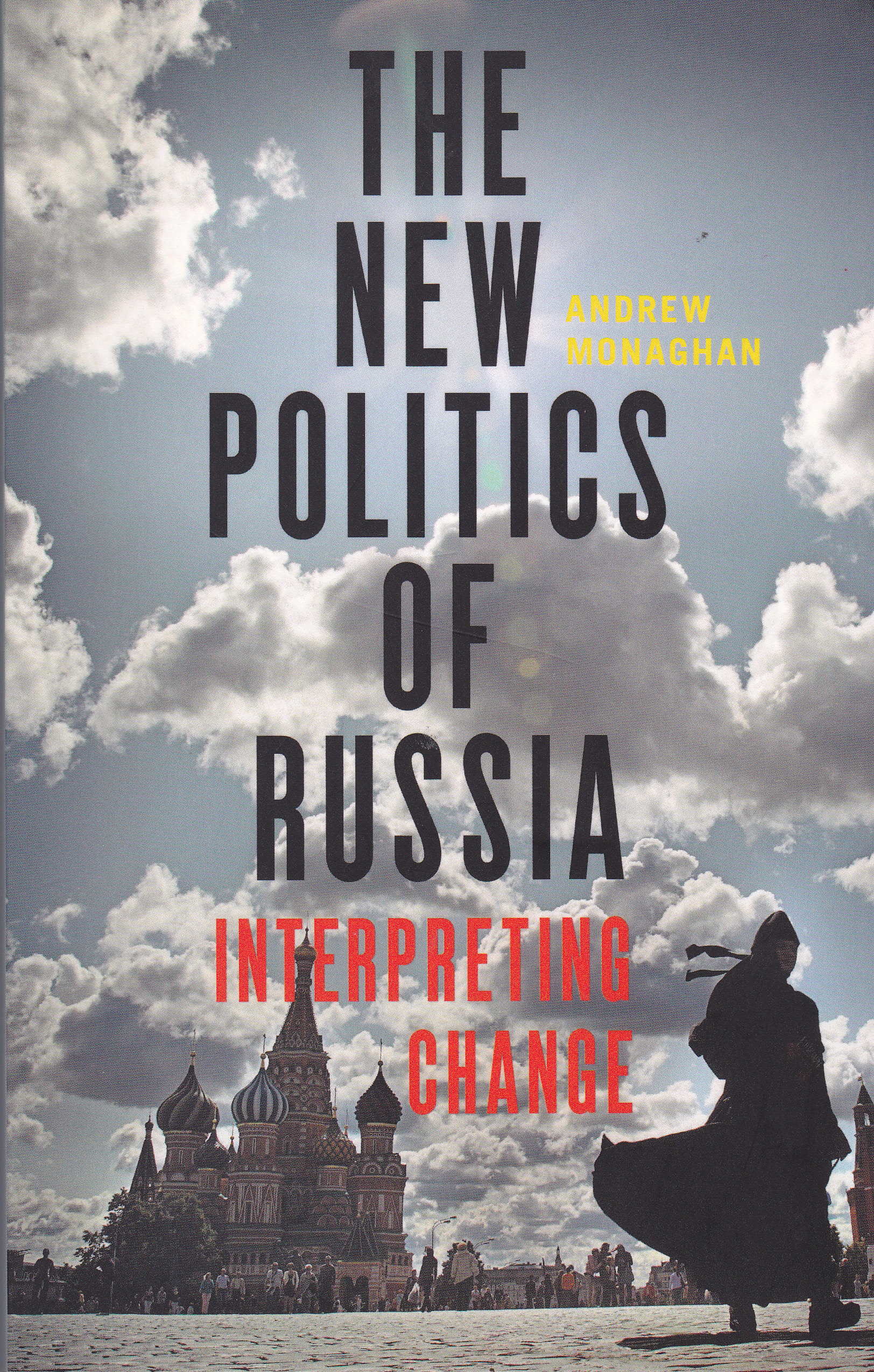
The protagonist of Timothy Findley's third novel is Robert Ross, a troubled young soldier in the First World War. Ross is haunted by a family tragedy, and traumatized by the worst horrors of trench warfare. The soul-destroying events he experiences build in intensity to one final desperate act. In his introduction to the 2005 Penguin Modern Classic edition, Guy Vanderhaeghe called The Wars 'the finest historical novel ever written by a Canadian.'
Bookmark File PDF The Wars Timothy Findley The Wars Timothy Findley Getting the books the wars timothy findley now is not type of inspiring means. You could not on your own going taking into account books addition or library or borrowing from your connections to edit them. This is an completely simple means to specifically get guide by on-line. The Wars follows a young Canadian soldier named Robert Ross who is fighting in World War I. Although the main storyline takes place between 1915 and 1922, the narration occasionally switches to interviews with Juliet d’Orsey and Marian Turner (who knew Robert during the war) during the novel’s contemporary time period, roughly sixty years after World War I. Additionally, Findley inserts. Modernity and the Human Condition in Timothy Findley's The Wars. Will McClelland Through a close reading ofTimothy Findley's 1977 novel The Wars thisthesis explores the various ways inwhich modernity and the Great War (1914-1918) irrevocably altered the human condition. The seemingly instantaneous ubiquity ofnew. Symbols in 'The Wars' Thesis How symbols are used in the wars to represent the true nature of war Timothy Findley implicitly leaves different symbols hidden throughout the story of R.R that allows the reader to think about the true nature of the war.
The Wars won the 1977 Governor General's Literary Award for fiction.

From the book
The mud. There are no good similes. Mud must be a Flemish word. Mud was invented here. Mudland must have been its name. The ground is the colour of steel. Over most of the plain there isn't a trace of topsoil; only sand and clay. The Belgians call them 'clyttes', these fields, and the further you go towards the sea, the worse the clyttes become. In them, the water is reached by the plough at an average depth of eighteen inches. When it rains (which is almost constantly from early September through to March, except when it snows) the water rises at you out of the ground. It rises from your footprints — and an army marching over a field can cause a flood. In 1916, it was said that you 'waded to the front'. Men and horses sank from sight. They drowned in mud. Their graves, it seemed, just dug themselves and pulled them down.
From The Wars by Timothy Findley ©1970. Published by Penguin Random House Canada.
Interviews with Timothy Findley
Timothy Findley on Dieppe memories
Digital Archives
 29 years agoCanadian author Timothy Findley presents an essay on how the triumph and horror of Dieppe changed a nation.2:31
29 years agoCanadian author Timothy Findley presents an essay on how the triumph and horror of Dieppe changed a nation.2:31